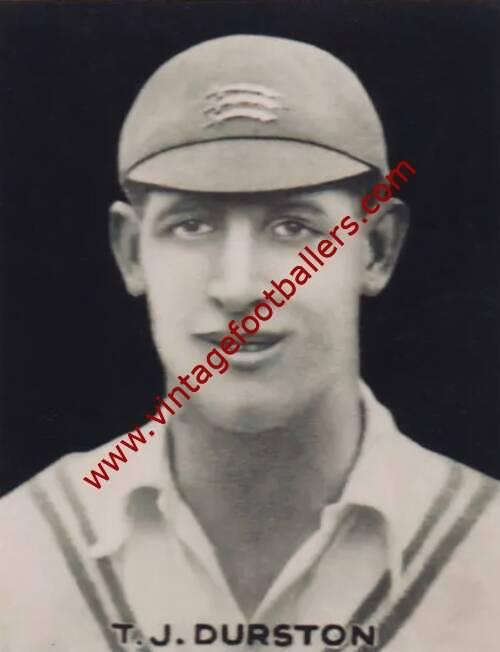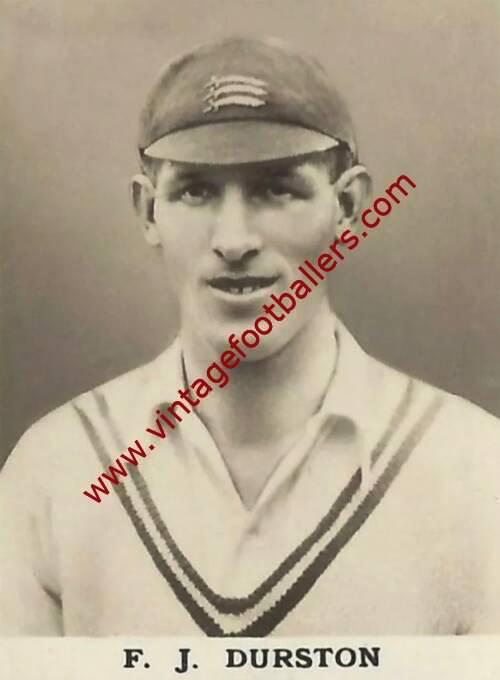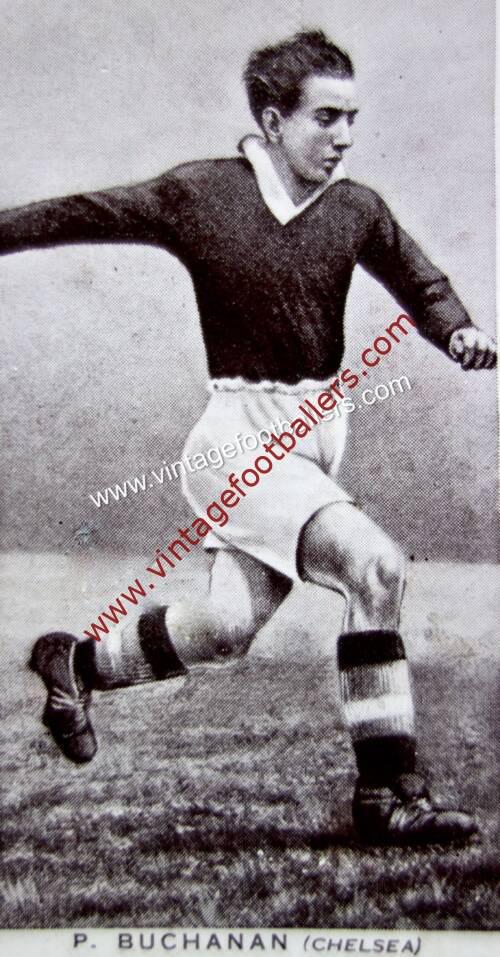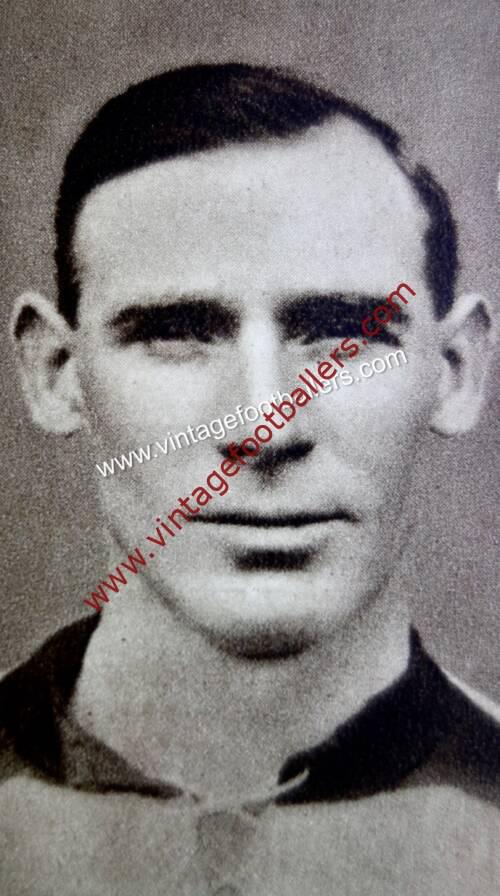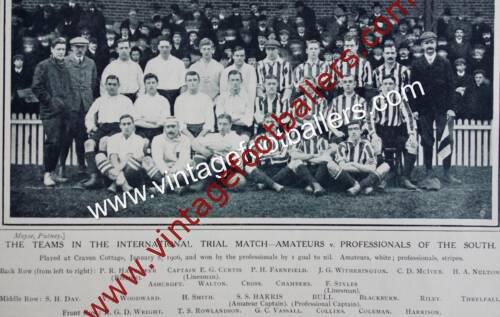Please choose your photo size from the drop down menu below.
If you wish your photo to be framed please select Yes.
Note: 16″x 20″not available in a frame.
Images can also be added to accessories. To order please follow these links
£8.95 – £49.95
Please choose your photo size from the drop down menu below.
If you wish your photo to be framed please select Yes.
Note: 16″x 20″not available in a frame.
Images can also be added to accessories. To order please follow these links
Clophill, Bedfordshire born goalkeeper Jack Durston began his football career with Bedford Town in 1912 and played for Queen’s Park Rangers before his career was interrupted by the First World War. He played Army football while serving with The Royal Engineers during the First World War, and he also played wartime football for Clapton Orient. The Hackney Gazette Newspaper reported that the Brentford registered goalkeeper Corporal Jack Durston made 2 appearances for Clapton Orient during the December holiday period of 1917 both against Chelsea. On Christmas Day at Chelsea in a 4-1 defeat and on Boxing Day a 2-1 defeat at Millfields Road.
Signing for Southern League club Brentford in 1919 he played 20 matches during their 1919-20 Southern League campaign and when Brentford joined the Third Division in 1920 Durston made his Football League debut in Brentford’s second match and first League victory in a 1-0 win against Millwall at Griffin Park. Durston made 24 appearances for The Bees during his second season at Griffin Park in competition with William Young, who played 19 matches, but with his cricket career by now reaching international recognition he joined non league club Northfleet in 1921, finishing with professional football.
As a cricketer Durston was a right-handed batsman and a tall fast bowler with the ability to make the ball “break back” after pitching. Durston played village cricket for Clophill before the War and joined the ground staff at Middlesex in 1914 on the recommendation of E.G. Wynyard, the old Hampshire cricketer, before the First World War. Affectionately known as “Long Jack”, after the War he returned to Lord’s in 1919 and made his debut for Middlesex that season, playing four matches. He came to the fore in Middlesex’s County Championship-winning seasons of 1920 and 1921. In the first of those seasons, 1920, he played a material part in helping Middlesex win the Championship, taking 113 wickets in all matches, the first of six occasions on which he was to take 100 wickets in a season, taking over 90 wickets in three other years.
In both years, he took more than 100 wickets and after taking 11 wickets for MCC against the all-conquering 1921 Australian team led by Warwick Armstrong, he was picked for the second Test match on his home ground, Lord’s. But though he took five wickets for 136 runs in the match, which included C.G. Macartney in each innings and Warwick Armstrong for a duck, he was dropped and never played for England again.
Shortly afterwards he took eight wickets for the Players against the Gentlemen at Lord’s, but though he represented the Players on six other occasions he never again appeared in the Lord’s fixture. He performed hat-tricks against both Universities – at Fenner’s in 1922 and at The Parks the following year.
He toured Jamaica with Mr Julien Cahn’s side early in 1929, and when his first-class career was over he visited the Argentine with Sir Theodore Brinckman’s team in 1937-38. He retired from first class cricket in 1933, having changed with some success to slow off-spin bowling in his last two years as he got older and stouter. Altogether in first class matches he took 1,329 wickets for an average of 22.03, taking 10 wickets in a match on 11 occasions and bowling 72 five wicket innings. In addition he was a powerful right-handed hitter, scoring nearly 4,000 runs, his highest innings being 92 not out against Northamptonshire at Lord’s in 1930. His batting improved with age and his career runs total was 3,918 including six half centuries at an average of 11.90. Against Essex at Leyton in 1927 he assisted Patsy Hendren to establish Middlesex’s ninth-wicket record-an unbroken 160, scored in only 80 minutes, that remained as a Middlesex record until 2011. He also took 257 catches in first class play.
NB in the photograph he plays in an Army team for The Royal Engineers, with Brentford team mate Alf Amos pictured in front of Durston.
| Weight | N/A |
|---|

